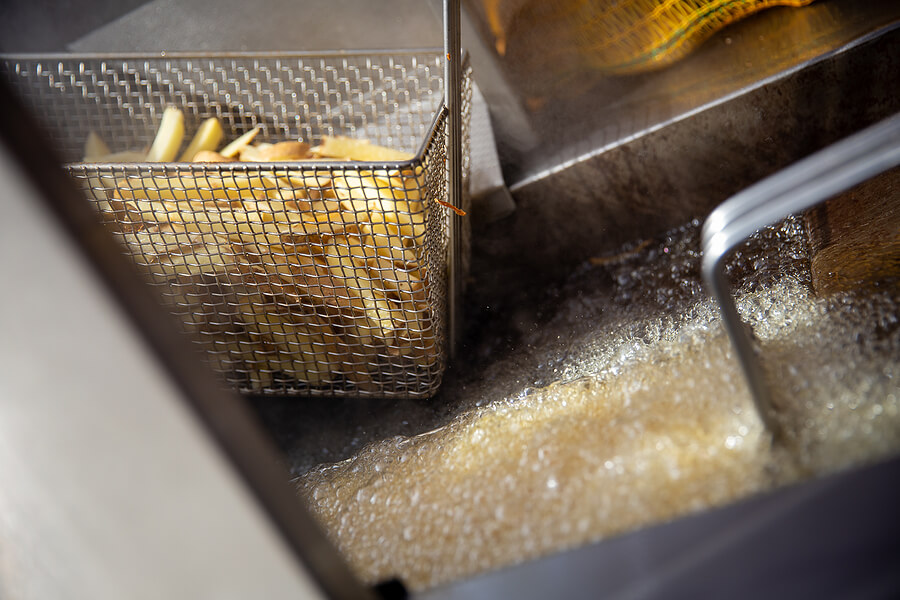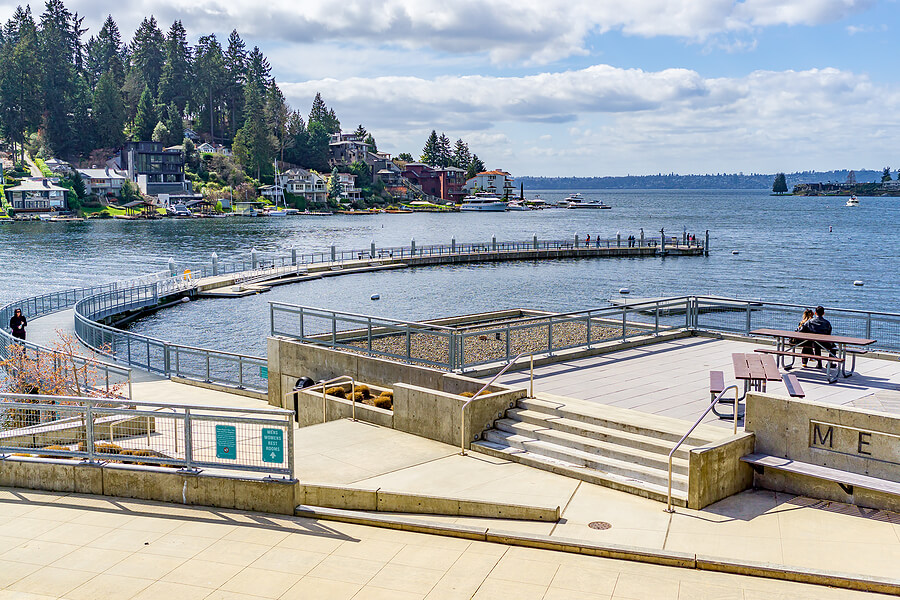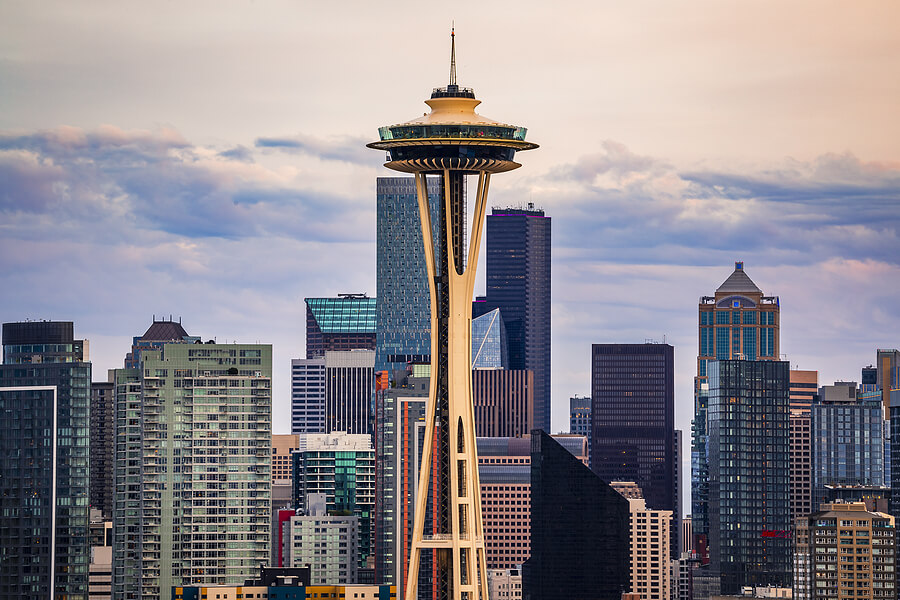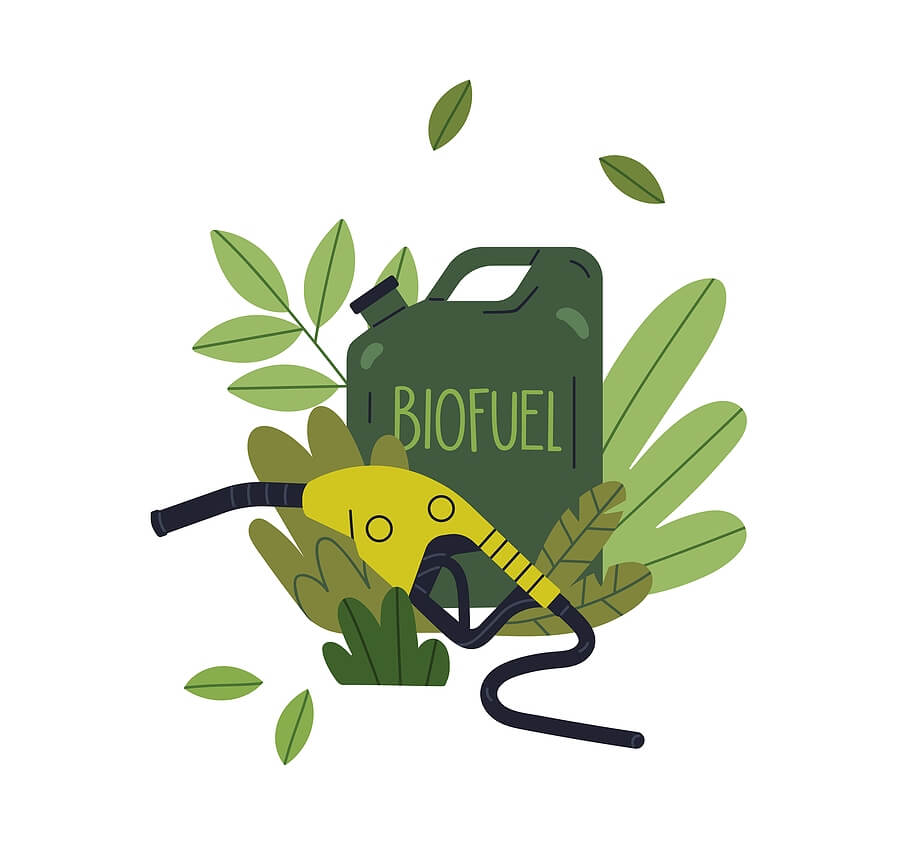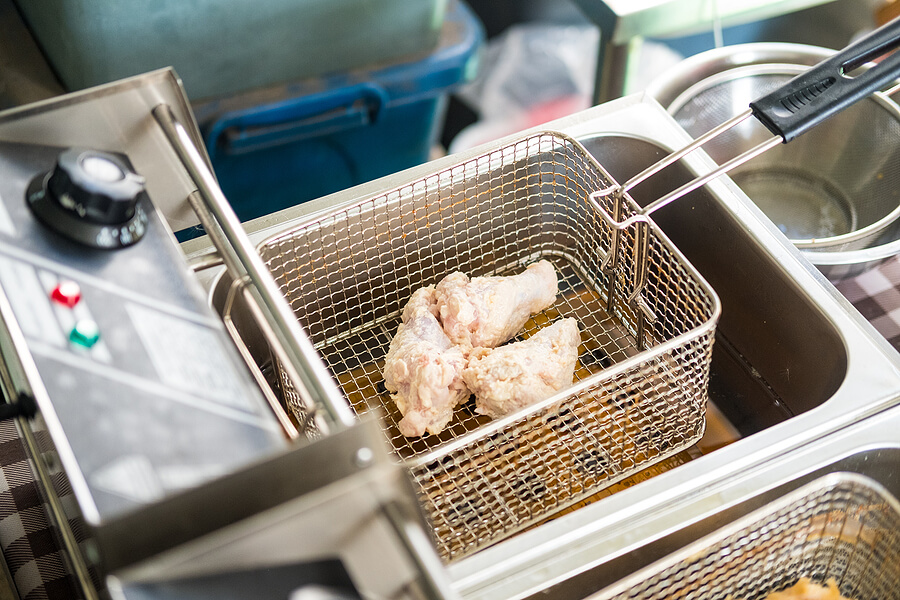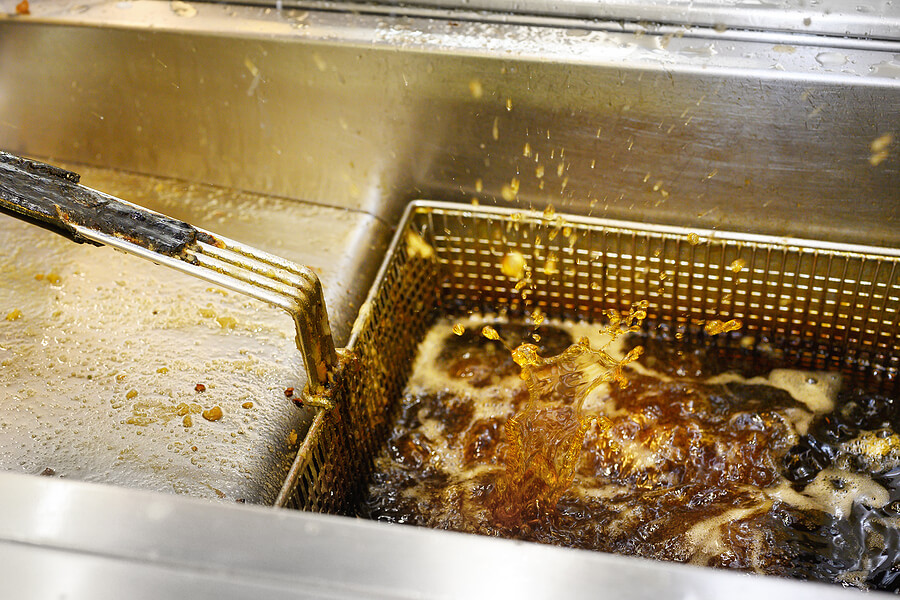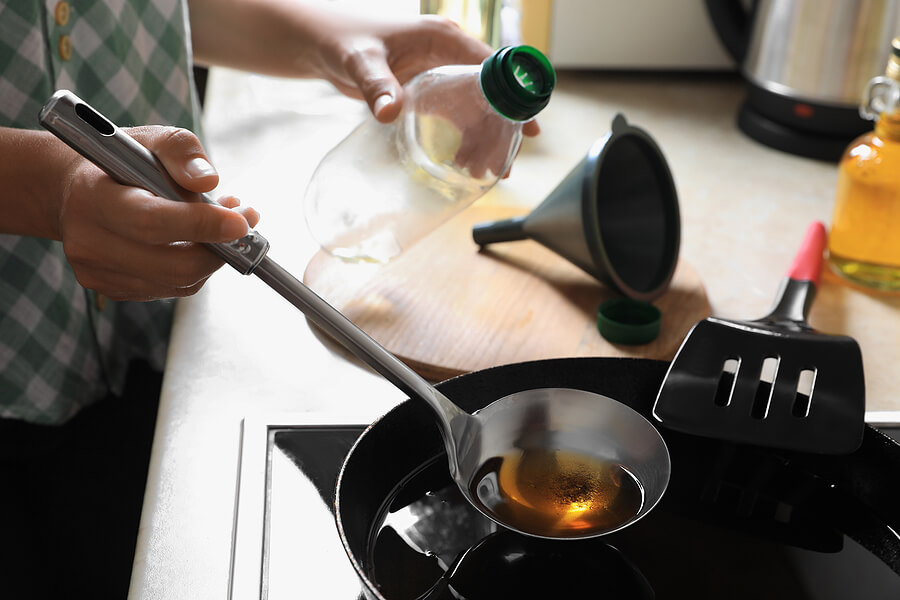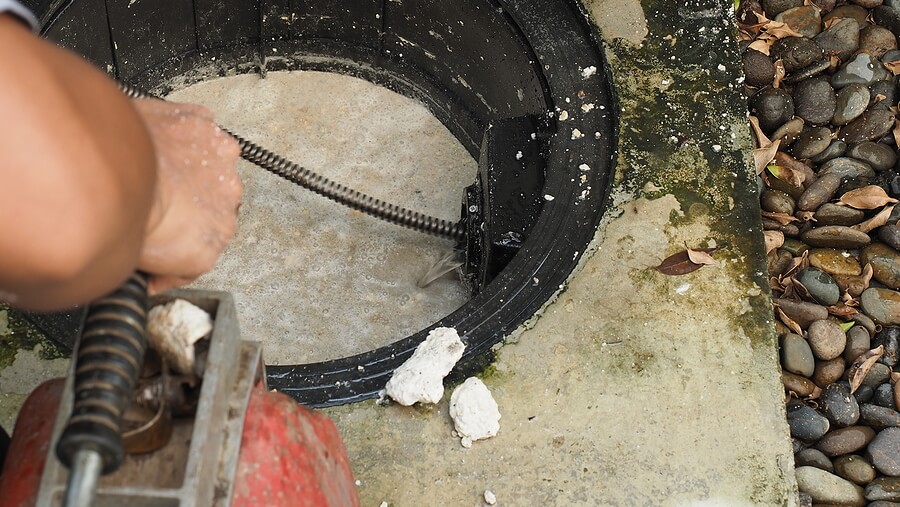Federal Way, Washington, is an environmentally conscious community dedicated to sustainable practices and reducing its ecological footprint. With the presence of renowned restaurants in the area, the proper disposal and recycling of used cooking oil play a vital role in building a greener and more sustainable Federal Way. Join us as we explore the significance of used cooking oil disposal and recycling and how restaurants can positively impact the Federal Way community. The Importance of Properly Disposing of Used Cooking Oil Used cooking oil is a byproduct of culinary activities...
The Most Common Grease Trap Cleaning Mistakes and How to Avoid Them
Commercial food service establishments, including Portland’s restaurants, are required to have grease traps. Grease management areas must have hard plumbing from areas like sinks, dishwashers, and drains that lead directly to a grease trap. Owners have to keep maintenance records on file. Grease traps are necessary to prevent FOG from getting into sewer lines where they can cause blockages and damage. Even with a working grease trap, it can’t be installed and ignored. Check out the most common grease trap cleaning mistakes and what you can do to avoid them....
Bellevue, Washington Used Cooking Oil Disposal & Recycling
Bellevue, Washington, is known for its picturesque landscapes and thriving technology sector, As an environmentally conscious community, Bellevue is committed to sustainable living and reducing its ecological footprint. Also home to many of Washington’s finest restaurants, Bellevue’s growing community inevitably produces a large amount of used cooking oil, which can be harmful to the environment. Join us as we explore the key role of used cooking oil disposal and recycling in building a more sustainable and greener Bellevue. The Significance of Properly Disposing of Used Cooking Oil Used cooking oil...
Seattle Used Cooking Oil Collection, Disposal and Recycling
Seattle, Washington, is known for its beautiful natural landscapes, thriving technology industry, and vibrant food scene. It boasts diverse restaurants and cafes that provide delicious meals made with locally sourced ingredients. However, with all of this delightful cooking comes a significant amount of used cooking oil. Proper disposal of used cooking oil is essential for protecting the environment, keeping plumbing and sewer systems functioning properly, and supporting sustainable practices. Why is The Proper Disposal of Used Cooking Oil Important? Used cooking oil is a byproduct of cooking and frying, and...
Biodiesel Fuel from Recycled Restaurant Grease as a Sustainable Energy Solution
Used restaurant cooking oil and grease are liquid gold as they can be turned into something that greatly benefits the world as a sustainable energy solution. Not only does it reduce the dependency on oil, but the emissions biodiesel produces are reduced. Plus, it keeps fats, oils, and grease (FOG) out of landfills and sewers. It’s especially important to keep FOG out of sewers as it can create blockages that lead to sewage spills in homes, businesses, and the environment. It’s a mess that no one wants. As of 2021,...
The Impact of Restaurant Grease Recycling on the Environment and Local Communities
Used cooking oil and food scraps are more than a hassle for your restaurant. Oils pose a threat to communities and the environment. That’s why many cities have been cracking down on the fats, oils, and grease (FOG) coming from restaurants, food carts, and food trucks. Restaurant FOG is a major problem in sewers around the world. You might not think of the issues that arise, but those grease and food particles coming from your restaurant meld with other items that get flushed like wet wipes, wrappers, and menstrual products....
Restaurant Grease Trap Services in Salem, Oregon
According to OpenTable, there are more than 180 restaurants in or near Salem, Oregon. While restaurants may close their doors with little notice, and others open up every year, the thing to keep in mind is that those restaurants must have grease traps installed. Restaurant grease trap services in Salem, Oregon, ensure that fats, oils, and grease don’t end up in sewer lines. Have you seen any of the news articles about "fatbergs" blocking city sewer lines? Fats, oils, and grease solidify with materials like plastic, paper products, baby wipes,...
How Is Restaurant Grease & Oil Recycled?
In 2022, Americans consumed approximately 11.5 metric tons of soybean oil, 2.9 metric tons of rapeseed oil, and 1.7 metric tons of palm oil. In addition to that, there were also high consumption rates of coconut, olive, sunflower seed, cottonseed, and peanut oils. While some of this consumption happened at home, a lot more happened in restaurants. It’s estimated that restaurants produce an average of 35 pounds of used grease and oil each day. By the end of a month, that’s around 1,050 pounds of used oil that must be...
What Do Restaurants Do With Their Old Oil and Grease
Fats, oils, and grease (FOG) are found in all home and commercial kitchens, but they cannot be poured down the drain after cooking a meal. In fact, that’s one of the worst things a restaurant can do, and most of Oregon’s cities have ordinances in place to stop restaurants from doing this. Portland is one of them. Why? Portland spent $4.6 million removing FOG from clogged pipes in 2016. In 2017, sewer workers removed nearly 2.4 million pounds of FOG from the city’s sewer lines. While this isn’t a record-breaking...
Eugene, Oregon Cooking Oil & Grease Trap Services
How often are you cleaning your restaurant’s grease trap? If you don’t know, you could be in violation of Oregon’s laws, and you may need to pay for all of the hours it takes sanitation workers to free clogs and restore proper wastewater flow and pay for repairs to cement and pavement that had to be torn up to access the blocked pipe. You also face fines from the state or city. No restaurant owner wants to be in this position. You don't have to be as we can help...




